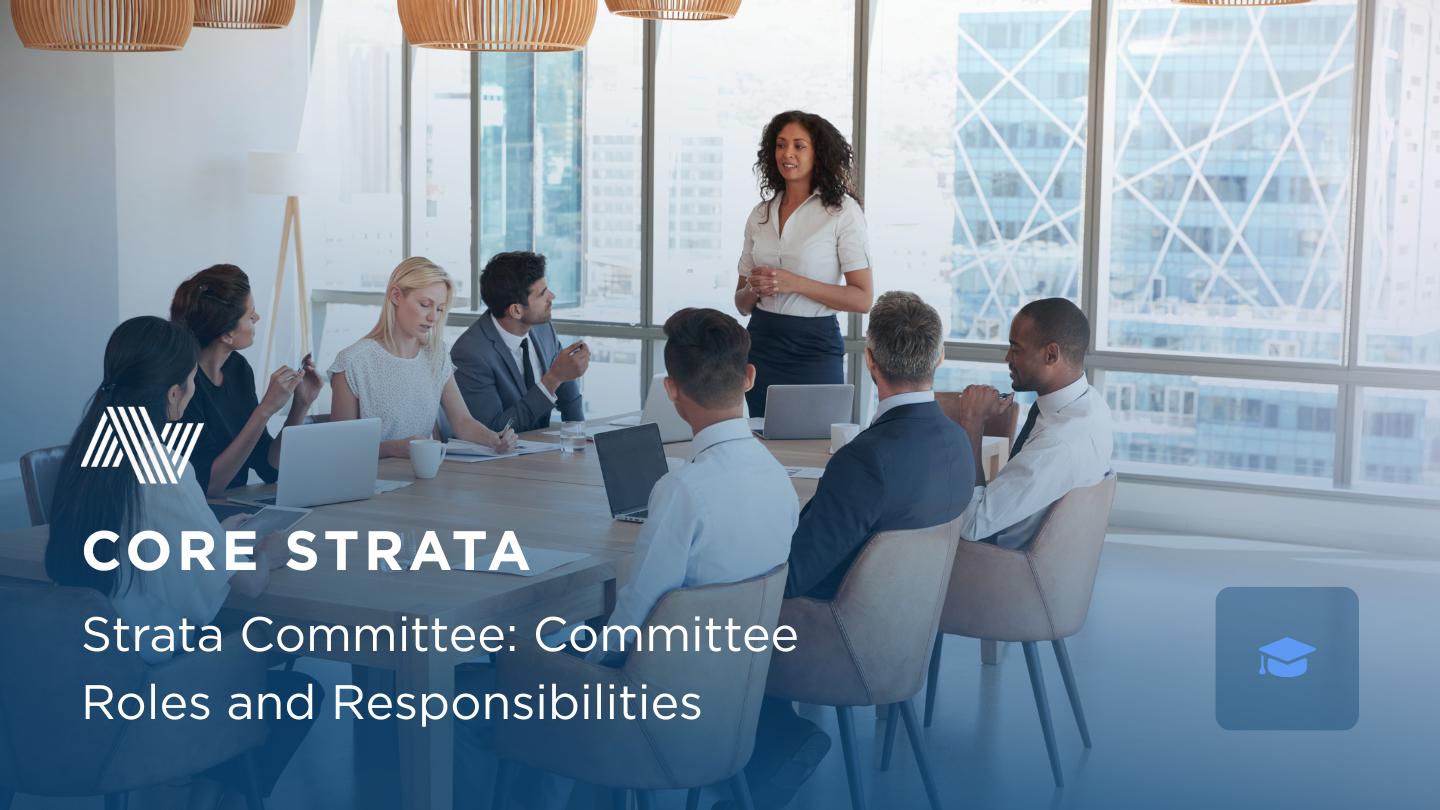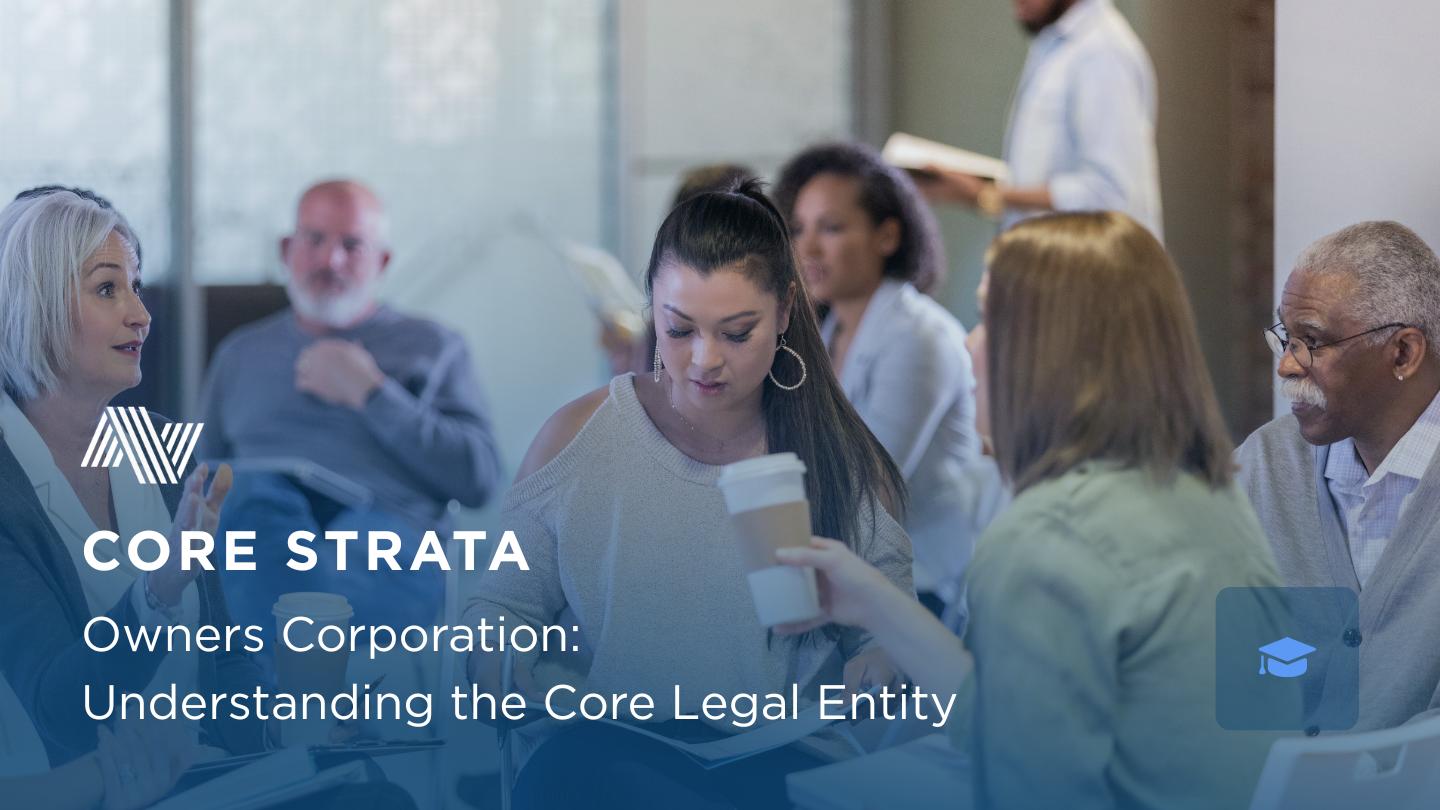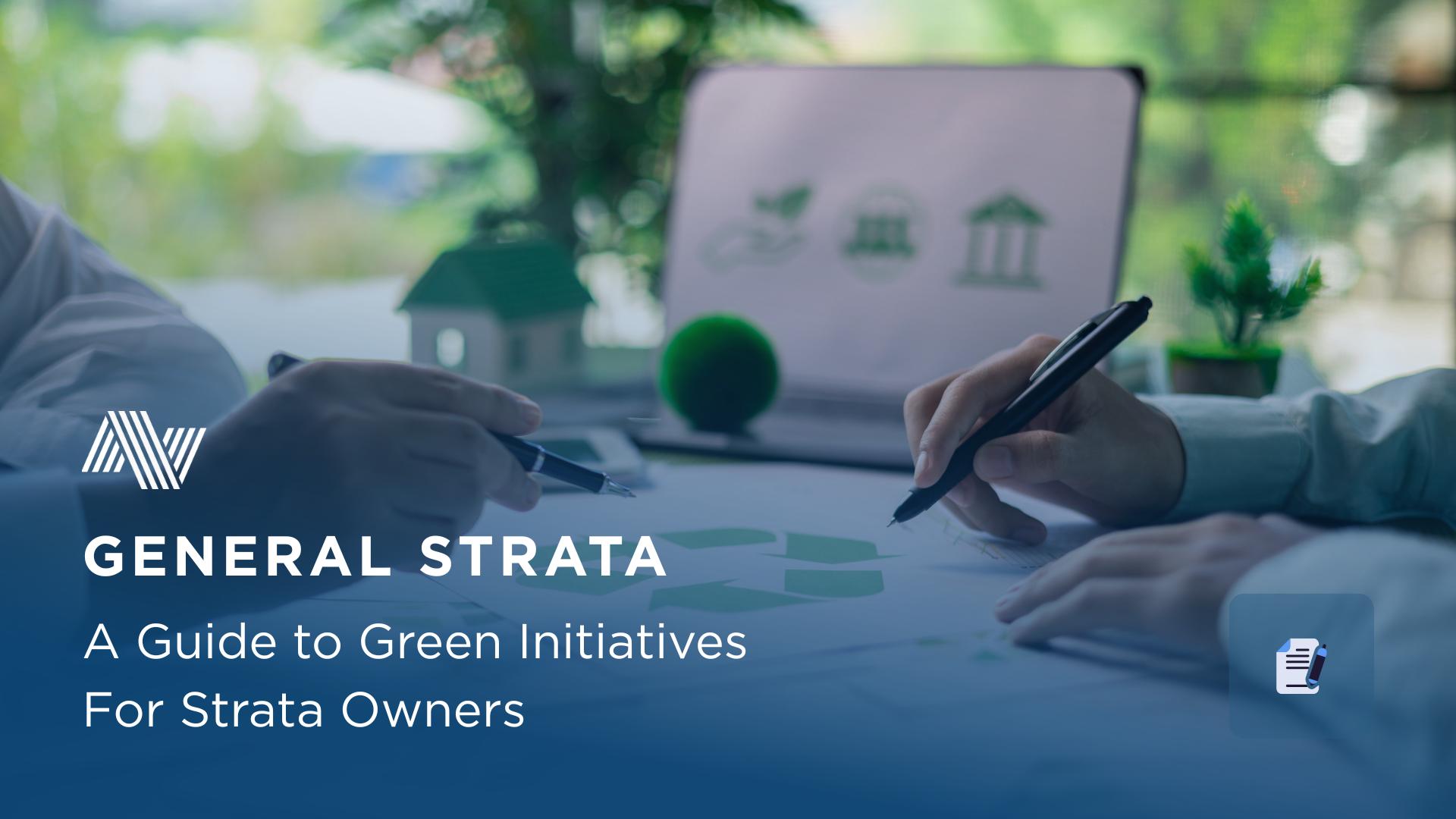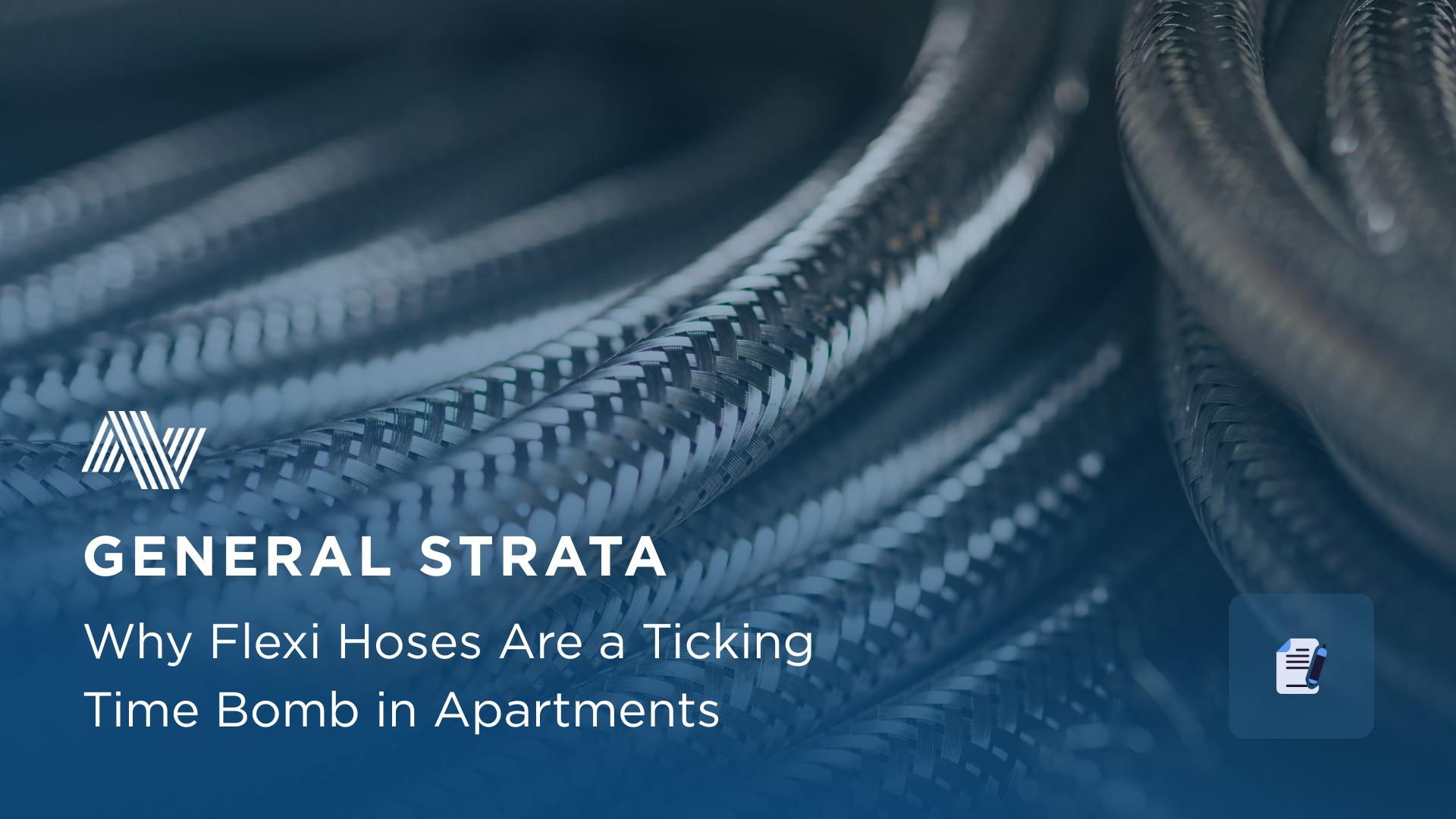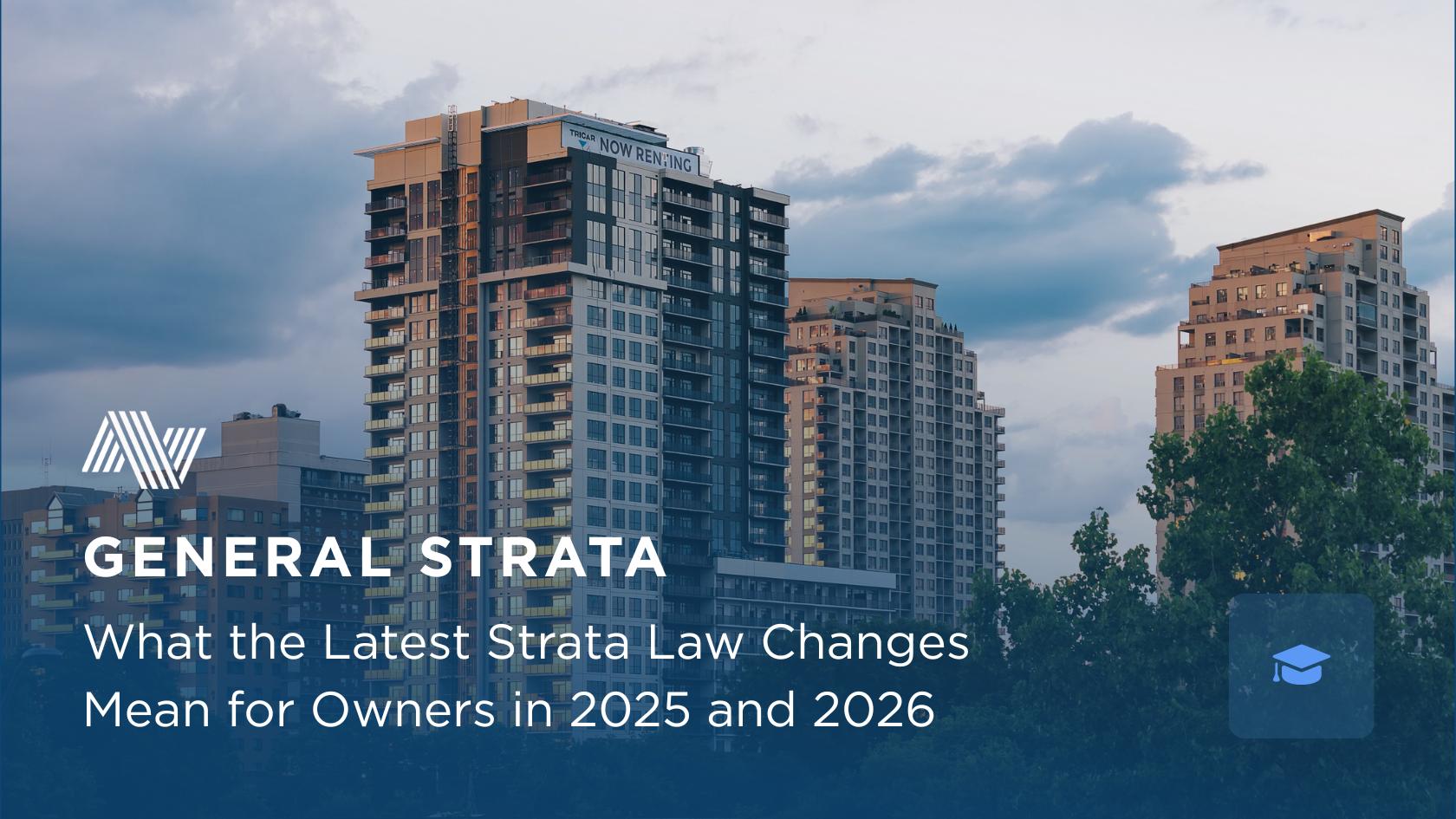Meetings & Voting: Democratic Processes and Procedures
Note: This article is intended as a general guide only, and should not be taken as legal or professional advice. It’s essential to consult with a qualified professional or seek advice from your managing agent if you have specific questions or concerns about strata living.


The One-Minute Guide to Meetings & Voting
If you only read one section, here are the key takeaways:
Meetings – The Strata Committee must call meetings in line with the Strata Schemes Management Act 2015 (SSMA); all owners must receive proper notice.
Voting – Most decisions are made by majority vote, but major matters (like by-law changes) require a special resolution – at least 75% support. Quorums, proxies, and accurate records keep the process valid.
Notices & Records – Owners must be notified correctly, meetings must follow procedures, and accurate minutes must be kept.
Stakeholders – Lot owners, committee members, strata managers, and prospective buyers all need to understand these processes.
Why It Matters – Meetings and voting are the foundation of fair, transparent, and democratic strata governance.
Strata schemes are run as mini-democracies. Decisions about finances, maintenance, and by-laws aren’t made by individuals – they’re made collectively, through meetings and votes.
In NSW, these processes are governed by the Strata Schemes Management Act 2015 (SSMA). For owners, tenants, and committee members, understanding how meetings and voting work is essential to ensuring decisions are valid, fair, and enforceable.
This article covers the three pillars of democratic governance in strata:
- Meetings & Decision-Making – how decisions are made fairly.
- Voting Procedures – how votes are cast, counted, and recorded.
- Notices & Records – how transparency is maintained.
Meetings and Decision-Making
Democratic Processes in Strata Schemes
The Strata Committee is responsible for calling meetings and ensuring they comply with the SSMA.
Key requirements:
- Meetings must be properly convened with notice to all owners.
- Decisions must be made by majority vote, unless the Act specifies otherwise (e.g., special resolutions).
- Some matters – such as changing by-laws or approving major works – require a special resolution (at least 75% support).
- Meetings must be conducted in a fair, transparent, and orderly manner.
Who Needs to Know This?
- Lot Owners – Essential: meetings affect your levies, property value, and lifestyle.
- Committee Members – Critical: responsible for convening and running meetings.
- Strata Managers – Essential: often coordinate notices, agendas, and minutes.
- Tenants – Helpful: may attend meetings if invited, but don’t vote.
- Prospective Buyers – Useful: past meeting conduct reflects scheme governance.
TL;DR: Meetings are the democratic heart of strata governance — they must be fair, valid, and transparent.
Learn more about decision-making in strata committees.
Voting Procedures
Voting rules are set by the SSMA and each scheme’s by-laws.
Key elements:
- Quorum – a minimum number of owners must be present before business can proceed.
- Voting – most decisions are made by simple majority; major matters require a special resolution.
- Proxy Voting – owners may appoint someone to vote on their behalf.
- Records – all votes must be properly recorded in meeting minutes.
Who Needs to Know This?
- Lot Owners – Essential: voting power is how you influence your scheme.
- Committee Members – Critical: ensure voting procedures are followed correctly.
- Strata Managers – Essential: administer proxies and maintain records.
- Tenants – Helpful: while they don’t vote, decisions often affect their living conditions.
- Prospective Buyers – Valuable: strong voting participation signals engaged ownership.
TL;DR: Voting ensures owners have a voice. Valid procedures protect fairness and decision legitimacy.
Read more about strata voting rules and powers.
Notices and Records
Transparency is essential in strata governance, which is why strict rules exist around notices and records.
Key requirements:
- Notices – meetings must be notified to owners in accordance with the SSMA and by-laws.
- Procedures – meetings must follow formal rules to ensure fairness.
- Records – minutes and voting records must be kept and made available to owners.
Who Needs to Know This?
- Lot Owners – Essential: notices tell you when and how decisions will be made.
- Committee Members – Critical: responsible for issuing notices and keeping records.
- Strata Managers – Essential: usually handle the administration.
- Tenants – Helpful: may be informed of decisions that affect them.
- Prospective Buyers – Valuable: records reveal how transparent and well-managed a scheme is.
TL;DR: Notices and accurate records ensure owners are informed and decisions are legally enforceable.
[Find out how notices and records keep strata decisions transparent.
Why Meetings & Voting Matter
Meetings and voting aren’t just legal formalities – they are how owners collectively make decisions that affect everyone. Strong governance ensures:
- Decisions are valid and enforceable.
- Owners have a say in how their scheme is run.
- Transparency builds trust and reduces disputes.
Important: As a strata owner, it’s essential to understand the democratic processes and procedures that govern meetings and voting in your NSW strata scheme. If you have concerns or questions, consult your strata manager or a licensed strata professional.
TL;DR: Strata democracy only works when meetings, votes, and records are managed properly.
Common Pitfalls
Avoid these mistakes that can invalidate decisions or create disputes:
- No quorum – decisions made without enough attendees may be invalid.
- Invalid notices – incorrect or late notices can make resolutions unenforceable.
- Poor record-keeping – missing minutes or inaccurate voting records undermine transparency.
- Ignoring special resolution rules – big decisions (like by-laws) need 75% support, not just a majority.
For expert guidance, contact Netstrata – your partner in strata governance.
Related Files



